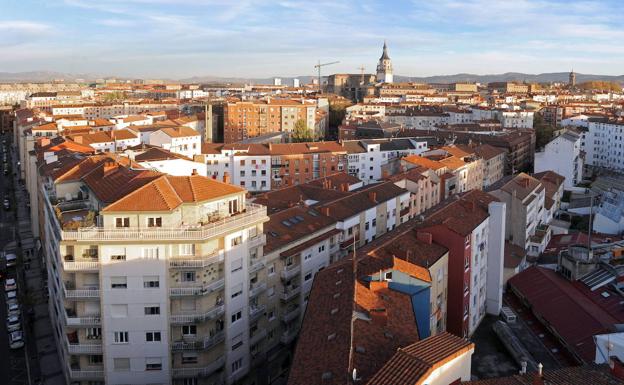The District Heating boiler and hot water service installed in Coronación neighbourhood in Vitoria has already been put into operation, within the framework of the European SmartEnCity project.
While the final phase of deployment of this heat network progresses, the first buildings, located in the heart of the neighbourhood, can already enjoy these supplies.
To make effective the supply of hot water and heating of the new network, the individual boilers of the houses are being replaced by the new heat exchangers. This action is being carried out in completed sections of the heat network and they will advance when works in adjacent streets are completed.
However, these advances of SmartEnCity Consortium do not finish here, because almost 80% of demonstration buildings is already enjoying its rehabilitation. With a total of 239 rehabilitated of the 302 total homes to date, this proposal is expected to be completed throughout the year with the remaining 63 homes.
This project aims to bet on integral sustainable urban regeneration based on innovative technologies and invest them in different fields, such as energy, ICTs or transport. CARTIF’s role is to lead the evaluation of the impact of the actions of the entire project, from energy and economic savings, to social acceptance or sustainable mobility. Thanks to all this, it aims to contribute to the development of a data collection platform that helps define the urban regeneration model and its future application in cities.
